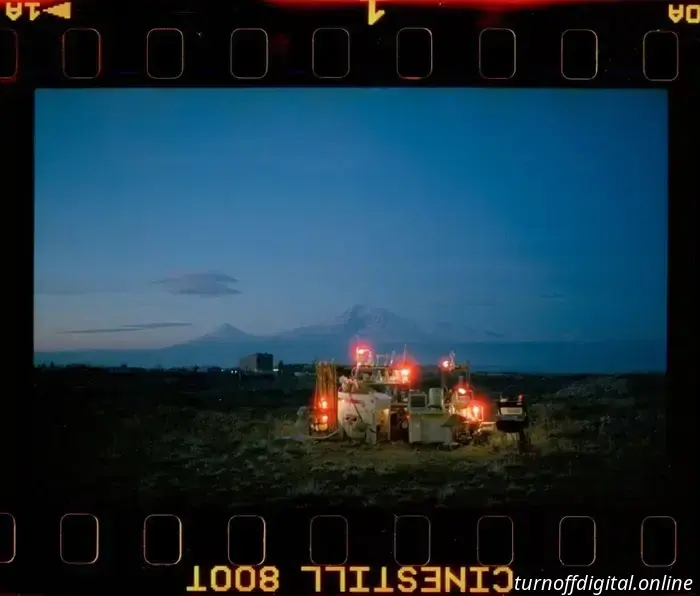
Note from the editor: Constantine reached out to me regarding this article as a sponsorship opportunity for Kashmir Film Lab on Analog.Cafe. I am pleased to publish this piece at no cost, as is my usual practice for community submissions on this website (including those that promote individual projects and businesses). However, I believe it's essential to clarify the nature of this post given these particular circumstances. — Dmitri.
In recent years, Yerevan has quietly emerged as an appealing destination for analog photographers. The capital of Armenia boasts sun-drenched streets, rosy tuff architecture, and extensive stretches of golden-hour light, creating a unique environment for artistic exploration.
Yerevan's laid-back vibe makes it especially conducive to analog photography. Street photography is generally welcomed—locals are often more curious than defensive—and film stocks are readily available through local shops and labs. Those looking for a peaceful setting with a sense of community will find the city attractive.
What truly distinguishes Yerevan is the presence of Karmir Film Lab — a venue that transcends mere roll processing. It nurtures community, encourages dialogue, and raises film photography to a shared creative endeavor.
Founded in 2020 by Levon Badikyan, Karmir originated within a film production studio, catering to a small group of cinematographer friends. In 2022, under the co-direction of cinematographer Alexey Komoza, the lab opened up to the public. Both Levon and Alexey possess backgrounds in analog filmmaking and a profound appreciation for the craft — a perspective that now informs all of Karmir’s offerings.
From the outset, the lab was envisioned not just as a technical service but as a space for reflection and collaboration. At Karmir, scanning is not a faceless transaction but rather a conversation. Clients frequently partake in the process, opting between Noritsu, Frontier, or high-resolution Imacon scans according to their project needs. Staff readily provide film stock recommendations, color correction insights, and even assist with discussing the narrative objectives of a project. In an industry where labs often feel transactional, Karmir stands out for its genuine investment in the creative process.
What Karmir Film Lab provides includes:
- **Development**: In-house processing for C-41, B&W, E6, and ECN-2, prioritizing archival quality and consistency.
- **Scanning**: Options include standard Noritsu and Frontier scans, or premium, single-frame Imacon X5 scans for superior tonal depth and control.
- **Printing**: Availability of museum-grade fine art printing for exhibitions or portfolio creation — a rarity in the region.
- **Custom Services**: Push/pull processing, tailored color profiles, TIFF delivery options, and client-assisted scanning sessions.
- **Gear & Film**: A curated variety of 35mm and medium format film, including their proprietary film stock, Karmir 160 — a specially-made color negative film designed for the region’s unique lighting and aesthetic demands. Cameras like the Mamiya RZ67 and Mu-II are also available for rent — perfect for visitors or those experimenting with new formats.
Karmir serves as a creative and cultural hub, with regular activities such as guided photo walks through Yerevan’s off-the-beaten-path neighborhoods, artist talks featuring both local and international photographers, scanning and workflow workshops, and group exhibitions and open calls (often in collaboration with the Yerevan Photo Festival).
This community-oriented approach has transformed Karmir into more than just a film lab — it’s a gathering place for Armenia’s expanding creative community.
For visiting photographers: If you’re shooting in Yerevan, Karmir is not only a convenient lab but also a valuable resource. The staff generously share recommendations for both locations and equipment. Some frequently suggested spots include:
- The Kond district, known for its weathered walls and steep, character-filled alleys,
- GUM Market / Petak, bustling with vivid life and detail, ideal for color stocks,
- Hrazdan night flower market, with its film-friendly lighting and atmosphere,
- Soviet-era architecture, hiding brutalist gems in plain view,
- Ararat Valley and the Lori Region, perfect for day trips and landscape photography.
Lighting in Armenia is intense, making it well-suited for ISO 50 and 100 film stocks, with significant seasonal variations. ND filters are beneficial in summer, while autumn offers a soft, diffused palette.
Why Karmir Lab excels: In a city where other labs function quietly and pragmatically, Karmir provides care, curiosity, and craftsmanship. Scans receive thoughtful handling, communication is straightforward and generous, and for many photographers, the lab becomes a second home.
“One of the best labs I’ve used anywhere in the world. The scans were stunning, and the staff clearly values the craft.”
Whether you're just passing through the Caucasus or embarking on an extended project, Karmir Film Lab serves as
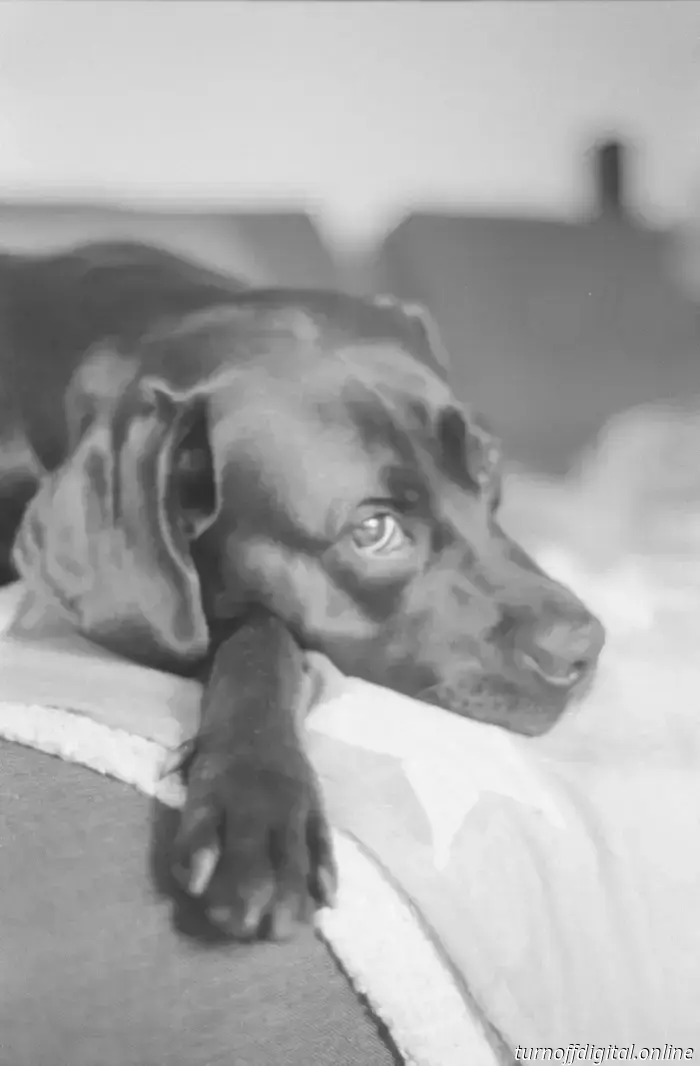
I experienced depression. After more than two years of therapy, I can joyfully say I no longer do. First and foremost, I want to emphasize that support is accessible everywhere; no matter how bleak your surroundings may seem, you are never alone! Photography has always been a source of inspiration for me. This is a story of how photography, particularly film photography, guided me on my journey.
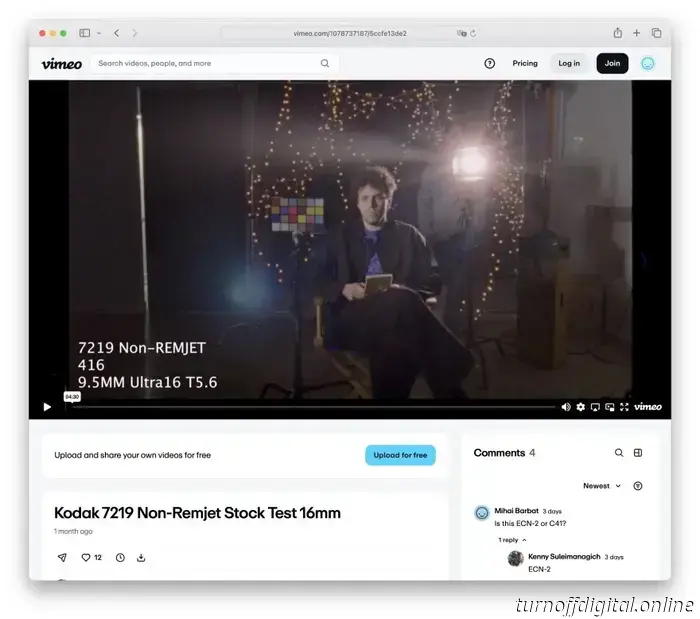
Kodak seems to be producing large quantities of Portra (5256) rolls for motion picture applications, and you can find a test of that film in 16mm here: https://vimeo.com/1078815946/055655606d. #editorial.
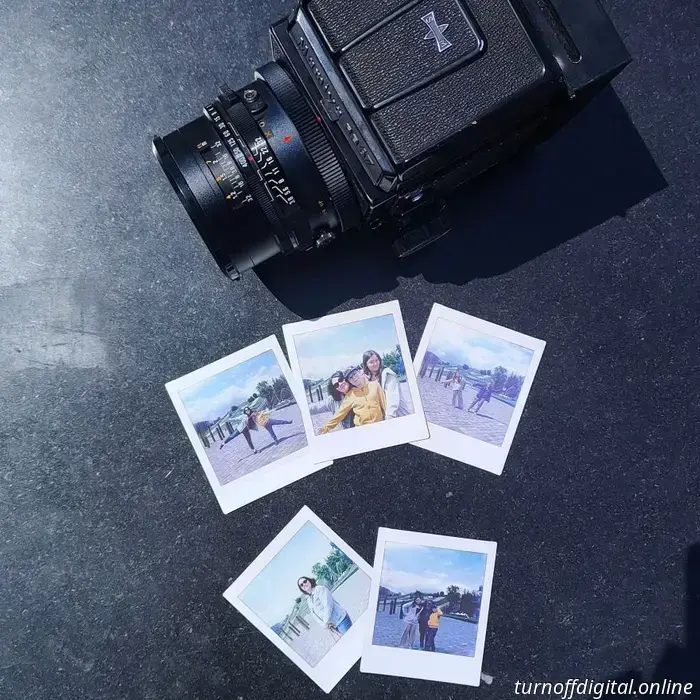
Last month, the company revealed that they had finished developing their hand-crankable DIY instant film development units featuring an Instax Wide back. Today, they are focused on modifying the same technology for medium format film cameras. #editorial.
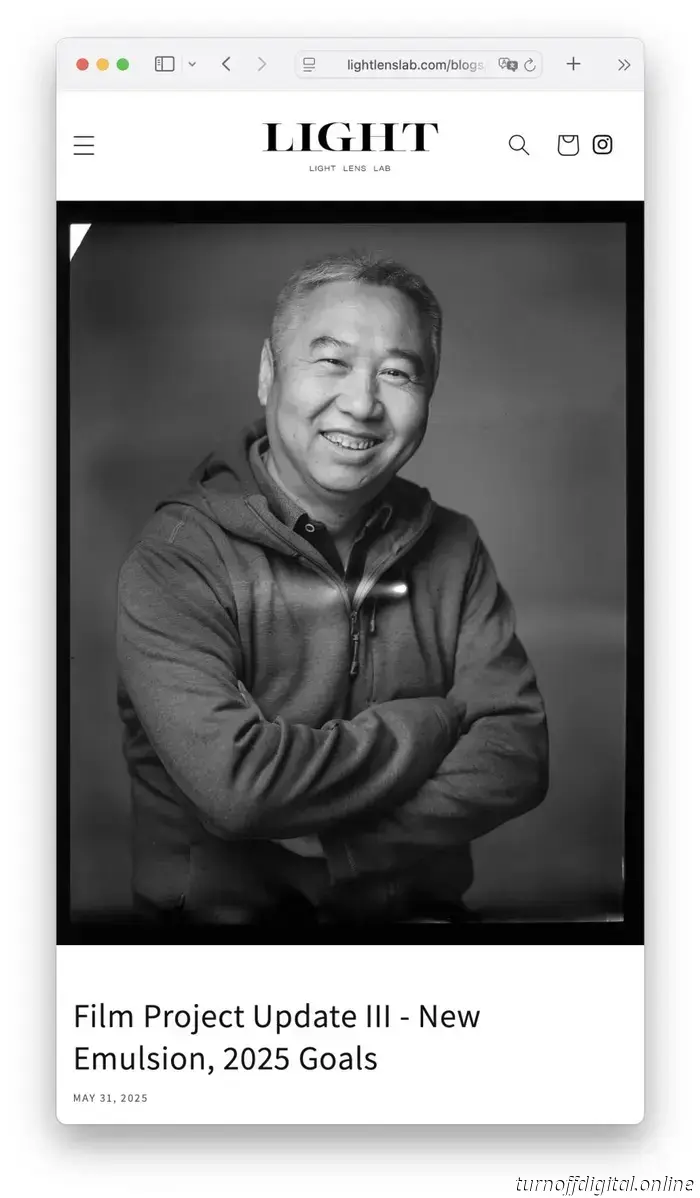
"This emulsion embodies the essence of our film project: to develop film materials free from historical constraints, third-party patent issues, or reliance on manufacturers. It has been constructed from scratch — fueled by creativity and input from users. We plan to launch our prototype assembly line in June 2025, with production of the V3 emulsion to commence shortly after." —… #editorial.
An article focused on a film laboratory and a creative center located in Yerevan.